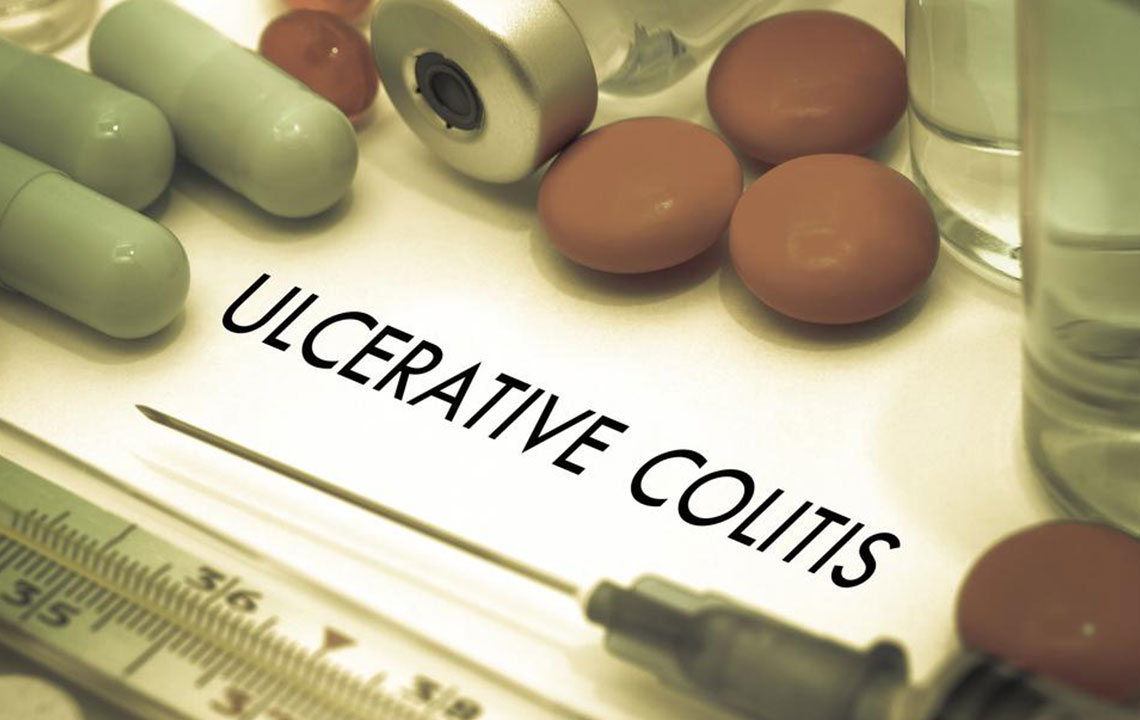Effective Strategies for Managing Ulcerative Colitis
Explore effective treatment options for ulcerative colitis, including medications, dietary strategies, and surgical interventions. Learn how treatment varies with symptom severity and when hospitalization might be necessary. Stay informed with expert insights on managing this chronic condition effectively and safely.

Effective Strategies for Managing Ulcerative Colitis
Ulcerative colitis is a complicated inflammatory bowel condition, and its treatment varies based on disease severity. Management typically includes dietary modifications, medications, and, in severe cases, surgical procedures. Patients experiencing persistent or intense symptoms often require higher medication doses. Initial treatments address complications like infection and anemia. Children and teens may need nutritional supplements to support growth and development. Importantly, if symptoms are mild, active treatment may not be necessary.
How does treatment vary with symptom severity?
Symptoms can be well-controlled with medications that induce remission. Maintaining remission is easier than managing flare-ups.
For mild cases, treatments include suppositories, enemas, antidiarrheal drugs, aminosalicylates, and steroids. Aminosalicylates reduce intestinal inflammation and help sustain remission, while steroids manage active health issues.
Diet adjustments also play a crucial role.
Moderate to severe symptoms often require steroid therapy to control inflammation, with higher doses than for mild cases. Once inflammation decreases, aminosalicylates are used to maintain remission.
In extreme cases, specialized treatments are recommended to manage symptoms effectively.
Common Ulcerative Colitis Treatments
Immunosuppressants like cyclosporine target immune responses to reduce inflammation.
Biological agents can block inflammatory pathways, helping reduce colon inflammation when other treatments fail.
Surgical removal of the colon can cure ulcerative colitis but may not resolve related issues like joint or liver problems. Surgery is often reserved for emergencies such as severe bleeding or toxic megacolon.
Medications Used in Ulcerative Colitis Management
Anti-inflammatory drugs, such as aminosalicylates, are primary treatments. They are available in oral and enema forms, prescribed based on affected colon areas. Side effects may include headaches or digestive discomfort, and rare issues with the pancreas or kidneys can occur.
Corticosteroids like prednisone and hydrocortisone are effective for managing moderate to severe symptoms. These drugs can cause side effects like facial hair, weight gain, insomnia, or more severe problems like osteoporosis or increased infection risk. Long-term use is generally discouraged.
Cyclosporine is used when other medications fail and can cause serious side effects, including organ damage and increased infection risk. It’s not recommended for long-term use.
Vedolizumab is a newer option for patients intolerant to biologics, acting by blocking immune cells from reaching inflamed tissues.
Is hospitalization necessary for ulcerative colitis treatment?
Severe cases with complications like anemia or fever may require hospitalization for fluid and electrolyte management. Regular follow-up, usually every six months, is important for stable patients, while some can manage mild flare-ups independently.









